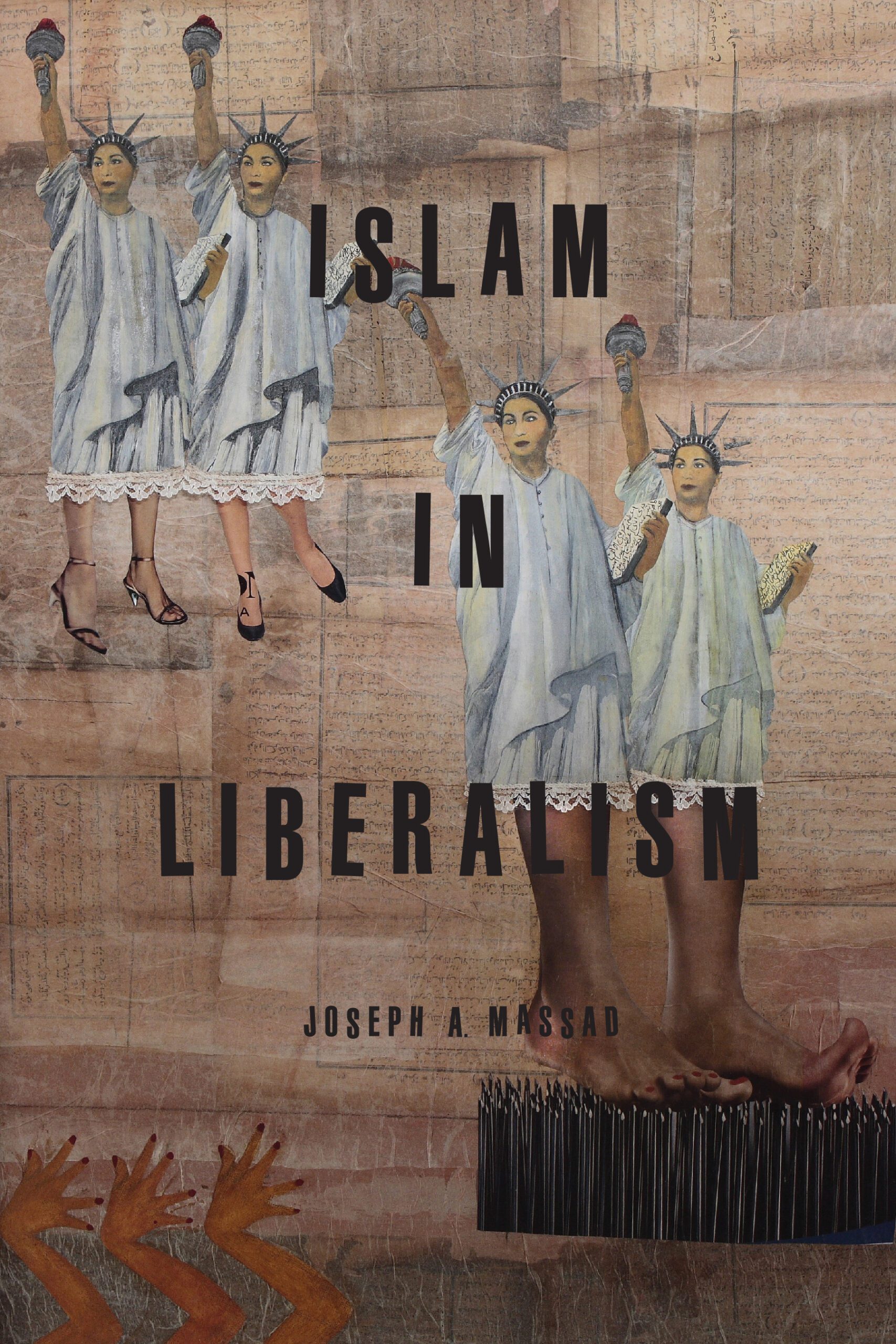“The Prince” by Niccolo Machiavelli, “Politics” by Aristotle, “The Social Contract” by Jean-Jacques Rousseau, “Leviathan” by Thomas Hobbes, “The Republic” by Plato, “On Liberty” by John Stuart Mill, “Democracy in America” by Alexis de Tocqueville, “The Communist Manifesto” by Karl Marx and Friedrich Engels, “The Origins of Totalitarianism” by Hannah Arendt, and “Justice: What’s the Right Thing to Do?” by Michael J. Sandel are all essential works of political theory that explore various aspects of governance, power, authority, justice, and morality. These texts have influenced political thought and shaped discussions on government and society for centuries, providing valuable insights into the complexities of political life and the nature of political communities.
1. “The Prince” by Niccolo Machiavelli
“The Prince” is a classic work of political theory written by Italian diplomat Niccolo Machiavelli. In this book, Machiavelli offers advice on acquiring and maintaining power as a ruler. He argues that a ruler must be willing to use cunning and deceit in order to achieve their goals, and that morality should be subordinate to political expediency.
2. “Politics” by Aristotle
“Politics” is a foundational work in political theory written by the ancient Greek philosopher Aristotle. In this book, Aristotle explores the nature of political communities and the role of the state in society. He examines different forms of government and discusses the virtues and flaws of each.
3. “The Social Contract” by Jean-Jacques Rousseau
“The Social Contract” is a seminal work of political theory written by French philosopher Jean-Jacques Rousseau. In this book, Rousseau argues that individuals must relinquish some of their freedom in order to live in a civilized society. He explores the concept of the social contract and its implications for political authority.
4. “Leviathan” by Thomas Hobbes
“Leviathan” is a key work of political theory written by English philosopher Thomas Hobbes. In this book, Hobbes argues that the natural state of humanity is one of war and chaos, and that a strong central government is necessary to maintain order and prevent conflict. He explores the nature of sovereignty and the role of the state in society.
5. “The Republic” by Plato
“The Republic” is a classic work of political theory written by ancient Greek philosopher Plato. In this book, Plato explores the nature of justice and the ideal society. He discusses different forms of government and argues that philosopher-kings should rule over society in order to achieve a just and harmonious state.
6. “On Liberty” by John Stuart Mill
“On Liberty” is a seminal work of political theory written by British philosopher John Stuart Mill. In this book, Mill argues for the importance of individual freedom and autonomy. He explores the limits of state authority and advocates for a society that values diversity of opinion and expression.
7. “Democracy in America” by Alexis de Tocqueville
“Democracy in America” is a classic work of political theory written by French historian Alexis de Tocqueville. In this book, Tocqueville examines the nature of democracy in the United States and its implications for political life. He explores the strengths and weaknesses of democratic governance and the challenges facing modern societies.
8. “The Communist Manifesto” by Karl Marx and Friedrich Engels
“The Communist Manifesto” is a foundational work of political theory written by German philosophers Karl Marx and Friedrich Engels. In this book, Marx and Engels argue for the abolition of private property and the establishment of a classless society. They explore the history of class struggle and the potential for revolutionary change.
9. “The Origins of Totalitarianism” by Hannah Arendt
“The Origins of Totalitarianism” is a seminal work of political theory written by German-American philosopher Hannah Arendt. In this book, Arendt explores the rise of totalitarian regimes in the 20th century and analyzes the nature of totalitarianism. She examines the use of propaganda, violence, and terror by authoritarian regimes and warns of the dangers posed by such systems of government.
10. “Justice: What’s the Right Thing to Do?” by Michael J. Sandel
“Justice: What’s the Right Thing to Do?” is a contemporary work of political theory written by American philosopher Michael J. Sandel. In this book, Sandel explores the concept of justice and ethical decision-making. He discusses various theories of justice and engages readers in thought experiments that challenge their assumptions about morality and politics.
